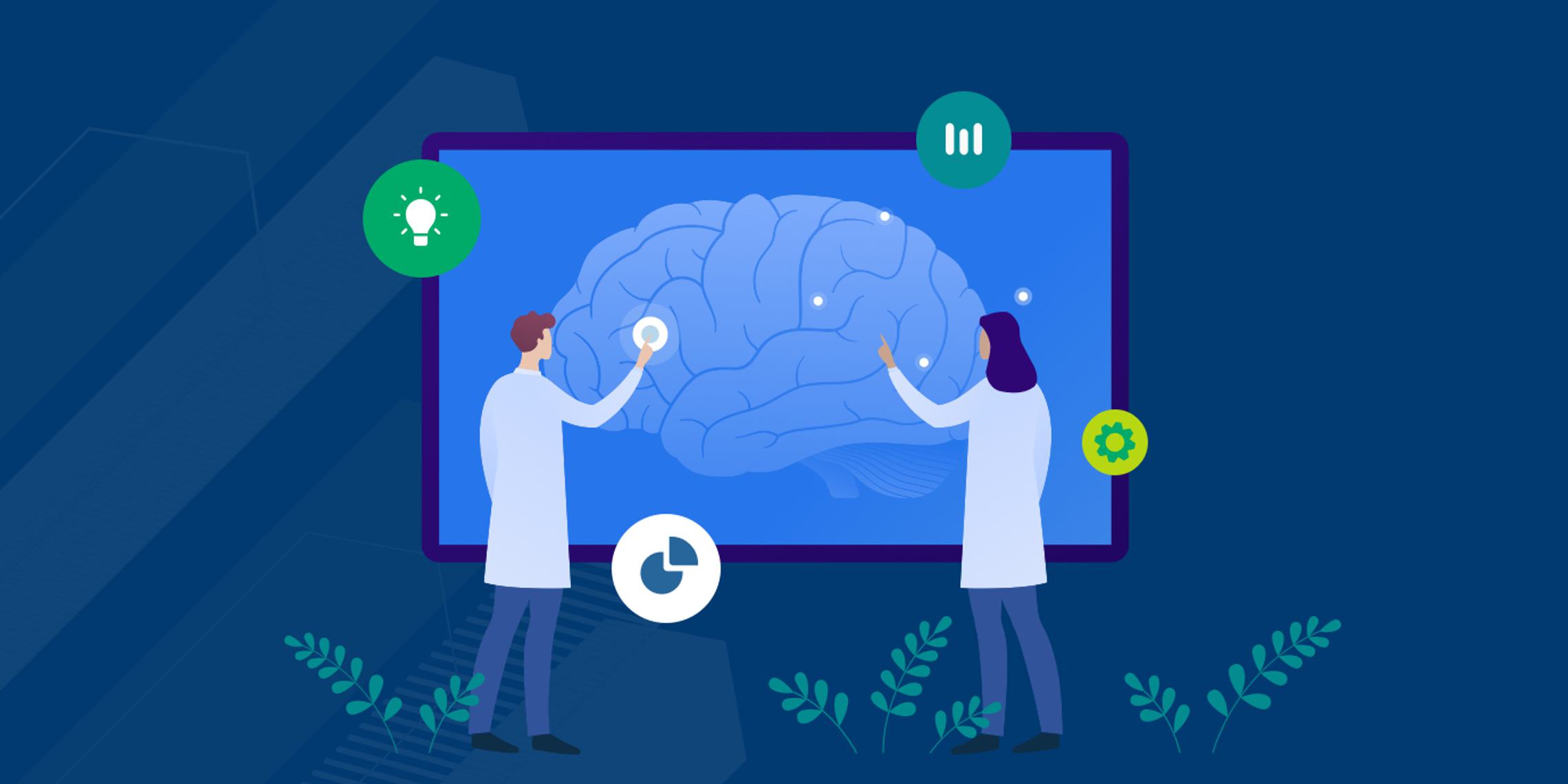
Today, we're honoring World Mental Health Day by exploring the role regulated digital health solutions can play in improving care for people living with mental health and neurological conditions. In 2019, 13% of people worldwide were living with a mental health disorder. During the COVID-19 pandemic anxiety and depressive disorders rose by an estimated 25%.
Preventive mental health interventions can be life saving. Access to mental health services should be promoted and protected without stigma or descrimination. Digital health solutions can help expand access and augment mental health therapies and neurological treatments.
Related: Regulated Digital Health Solutions for Mental Health & Neurological Disorders
The central nervous system is incredibly complex, which makes conditions that involve the brain complicated for patients to navigate and tricky for providers to treat. Digital health solutions—such as real-time symptom tracking and comprehensive disease management tools—are easing the struggle for patients and providers alike, but there's still a long way to go.
Here are a few of the top challenges in treating these disorders:
1. Conditions and symptoms are complex
Providers struggle to predict the speed of symptom acceleration for their patients. At the same time, new therapies are entering the market, which makes it challenging for providers to match a patient's evolving symptom to the right drugs.
2. Wraparound services are critical—yet not easy to access
Medication is helpful for treating neurological and mental health conditions, but other treatments are also indicated. Various types of therapy and behavior modification strategies can have a huge impact, but many patients can't access them, or don't attend their sessions consistently.
3. Limited access to specialty care
Specialists have a lot of patients, and it can take a long time for a new patient to get an appointment. Many patients have to wait months before seeing a psychiatrist, and neurology patients wait an average of 30 business days for their follow-up appointments.
4. Trial and error for treatment and dosing
Patients with common disorders—including Alzheimer's, MS, Parkinson's, anxiety, depression and bipolar—often have months of dosing and medication adjustments ahead of them once they begin treatment. This is because responses differ person to person, even among commonly prescribed drugs.
"I think there is a tremendous opportunity for digital in neurology. In one of my last posts I developed SaMD for measuring cognition levels. It is such a cool ability to be able to run through a series of tests very quickly within 10 minutes to measure cognition level, so that you might identify someone suffering from a dementia state."
—Biopharma executive insight from market research
Comprehensive digital solutions have the ability to improve the lives of patients and make providers' jobs easier. BrightInsight's Disease Management Solution does this by providing:
Are you ready to get a closer look at our Disease Management Solution? Request a demo or preview the solution today.